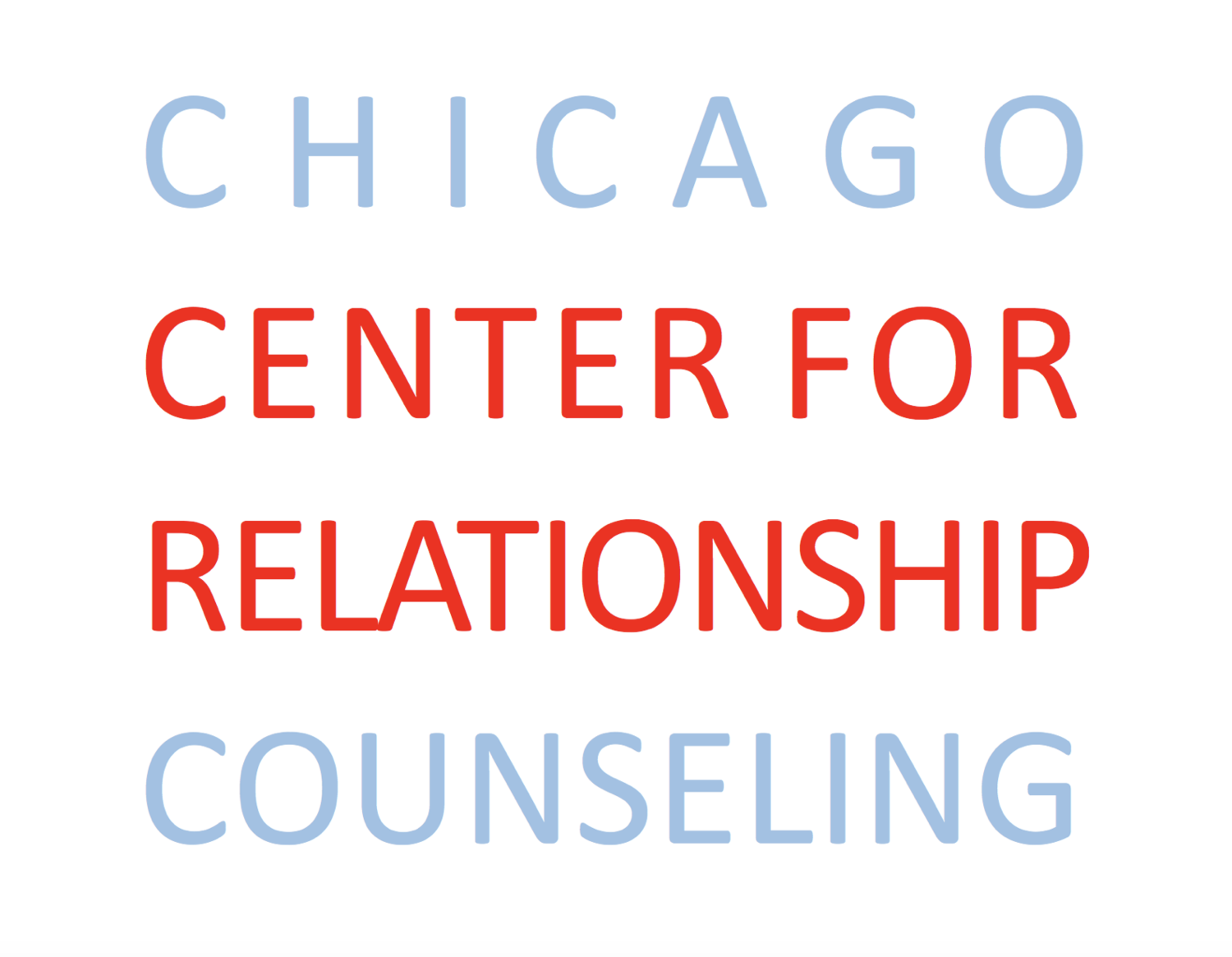Getting Real With Gratitude
It’s gratitude season! Yep, it’s that time of year where people ask what you’re grateful for, and we all tend to focus a little more on counting our blessings. That can make for a nice holiday, or social media challenge, and perhaps it even makes us feel warm and cozy, but what if we practiced gratitude the rest of the year, and in our relationships? Would that be helpful?
Well, it turns out gratitude IS helpful. Research shows that gratitude can have a positive effect on mood and relationships. I’m not talking about the glass-half-full-Pollyanna-find-the-silver-lining kind of gratitude that is often suggested by well-intended friends, family, and colleagues who are trying help us improve our mood. That can actually feel annoying, right? It’s invalidating. When you are having a tough time, frustration, anger, or sadness in that moment is appropriate and normal. And those feelings won’t be erased simply by finding something for which you are thankful. It’s 100% okay to feel the tough emotions. Difficult emotions are a part of the process, and when you acknowledge and accept them, you might find space for gratitude down the line. And when we find space for gratitude and start to practice it, it becomes a tool we can choose to use for improving our well-being and relational functioning.
What is gratitude, and what can it do?
Being grateful is simply defined as being appreciative of kindness or benefits received. Practicing gratitude is the act of being grateful; a readiness to show appreciation, and to receive it. Ample research has demonstrated that feeling grateful improves mood, helps us cope, and even improves physical health. Expressing gratitude has also been shown to increase our life satisfaction and happiness, reduce depressive symptoms, reduce stress, and improve quality of sleep. Wow…that’s pretty powerful…all that from just a little gratitude? Probably worth implementing year-round and not just in November. I mean, who doesn’t want to be less stressed, more satisfied, and get better sleep? Sign me up!
But what about our relationships? Can gratitude have an impact with the people we share life with? Again, research answers with a resounding YES. When partners receive gratitude from each other, they feel closer and more satisfied with their relationship. Closeness…satisfaction…sounds pretty good…what else? They also feel more responsive to their partners’ needs, more committed to stay in the relationship, feel safer to voice relationship concerns , and are more likely to engage in healthy relationship behavior (like trying to resolve conflict). In addition, when partners perceive gratitude for a behavior, they are more motivated to continue that behavior. (So, if you like what someone is doing, saying thank you might mean you get more of it). Amazing news! That means gratitude not only makes us feel more connected and happy in our relationships, but it also encourages future positive behavior that strengthens and protects our bonds. In short, gratitude helps our relationships grow stronger and better.
How can I practice gratitude?
Sounds pretty darn great, but how do we “practice” gratitude? What does that look like? Well, for one thing, you can’t force gratitude. Forced gratitude feels like an obligation, and doesn’t produce the same positive results. That’s exactly why when people try to erase our tough emotions by telling us to “look on the bright side,” it doesn’t actually help. In those moments, allowing space for difficult emotions and finding compassion for ourselves or others can leave the door open for more positive feelings, like gratitude, in time.
That said, expressing gratitude and saying thank you makes a difference. Being intentional about acknowledging positive behavior not only improves your own mood, but it encourages your partner, too. This can be as simple as saying thank you when your partner helps you put away the dishes, or as complex as expressing thanks for help received when you are in pain or distress…and really wish you didn’t need help at all. And the good news is that when you say thank you, you are more likely to receive the help you need in the future.
It’s also important to practice receiving gratitude. Recognizing and acknowledging gratitude is also important and beneficial. It’s helpful to recognize that even a small thank you is an expression of love and appreciation from your partner. Recognition and acknowledgement of gratitude can happen internally…simply noticing and absorbing the love in your mind and heart…and it can happen outwardly…with eye contact, a smile, touch, or kiss, or a few words like “you’re welcome,” “happy to help,” or, “of course, I’m here for you.”
Quick Gratitude Practices:
· Find compassion for difficult emotions in yourself and others.
· Be intentional about expressing gratitude…say thank you!
· Acknowledge gratitude when it happens.
· Recognize gratitude as an expression of love and appreciation.
Give it a try! See if you can implement a practice of gratitude in your daily life and relationship. Even small efforts can yield big benefits in terms of mood and relationship wellness. Every new habit starts with awareness and a few small steps, and as you learn to practice gratitude in simple ways, you’ll strengthen your mood and relationship for future challenges.
Thank you for reading! I hope this season of thanks inspires a year-round gratitude practice for all of us.
References:
Kindt, S., Vansteenkiste, M., Cano, A., & Goubert, L. (2017). When is your partner willing to help you? The role of daily goal conflict and perceived gratitude. MOTIVATION AND EMOTION, 41(6), 671–682.



